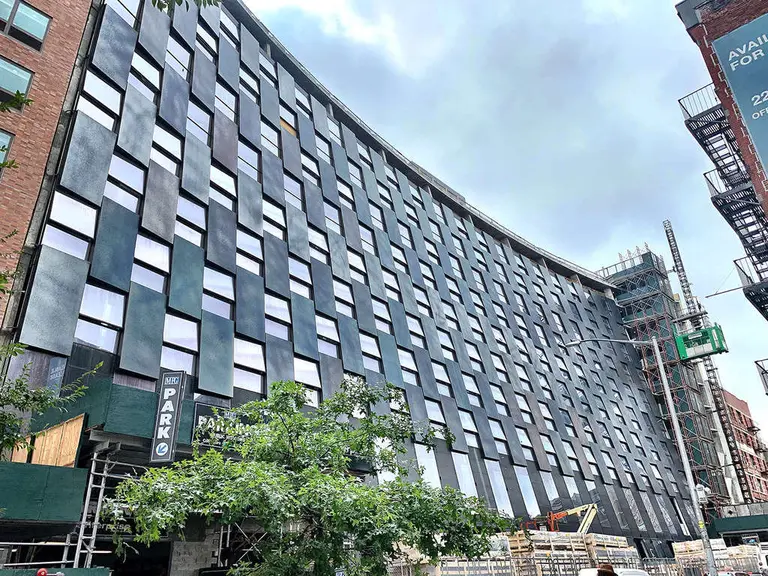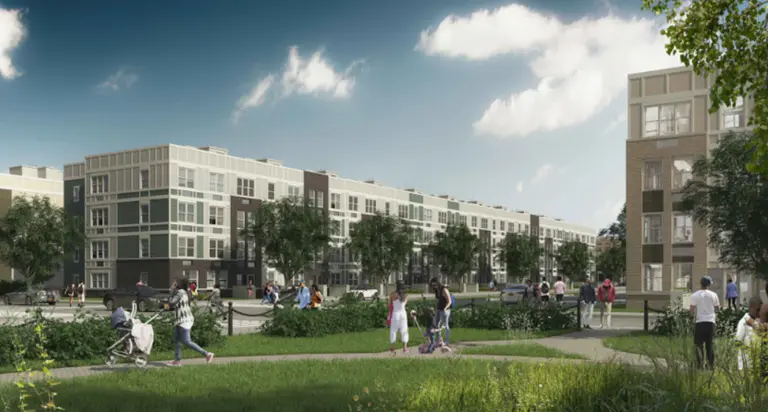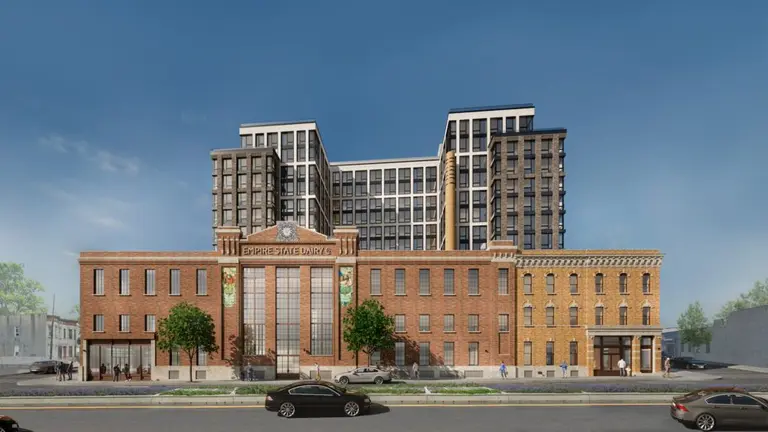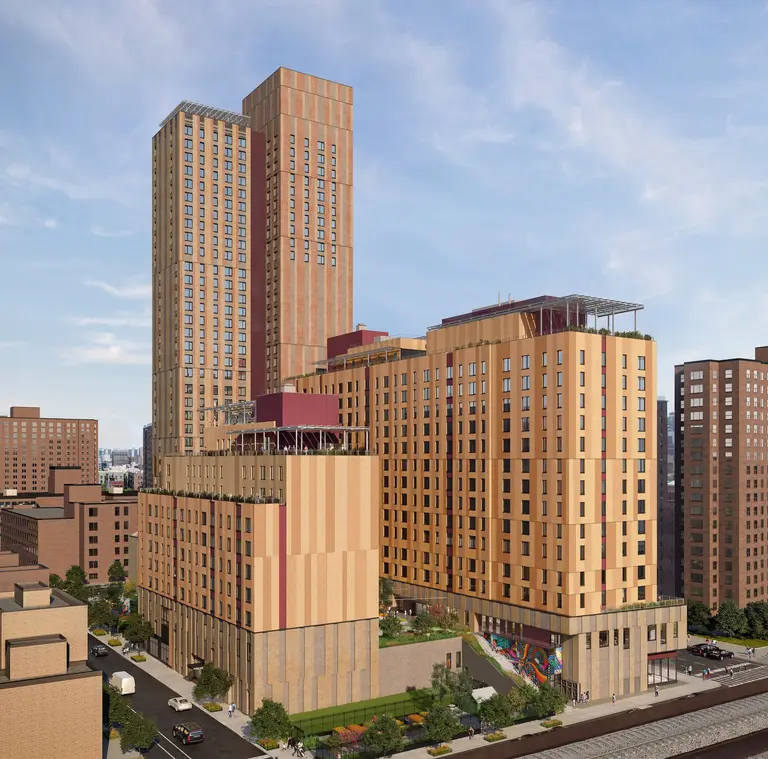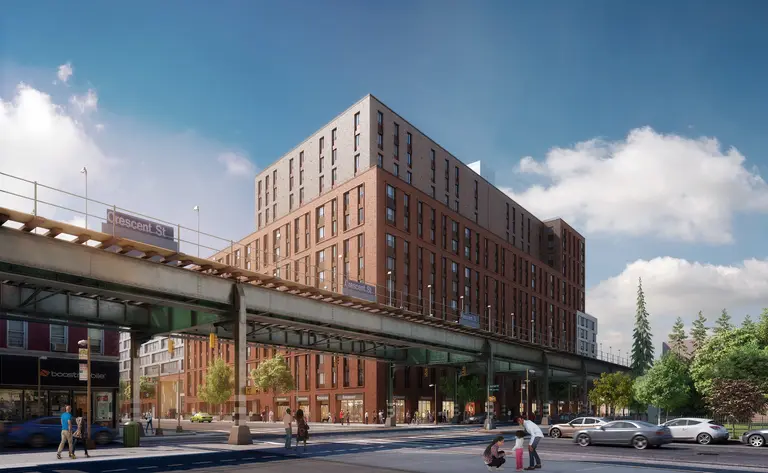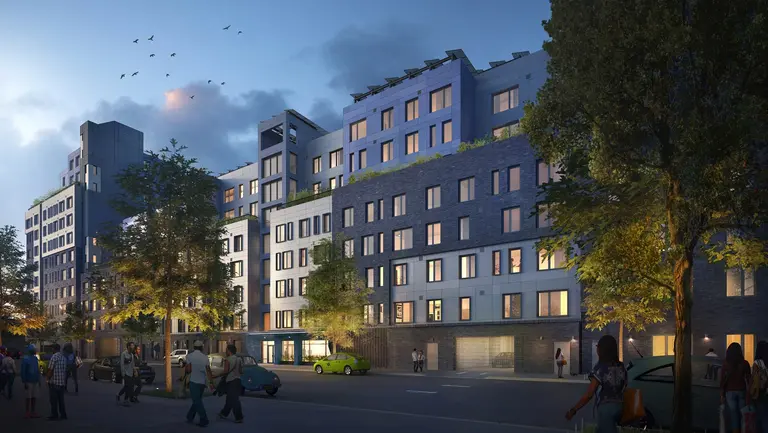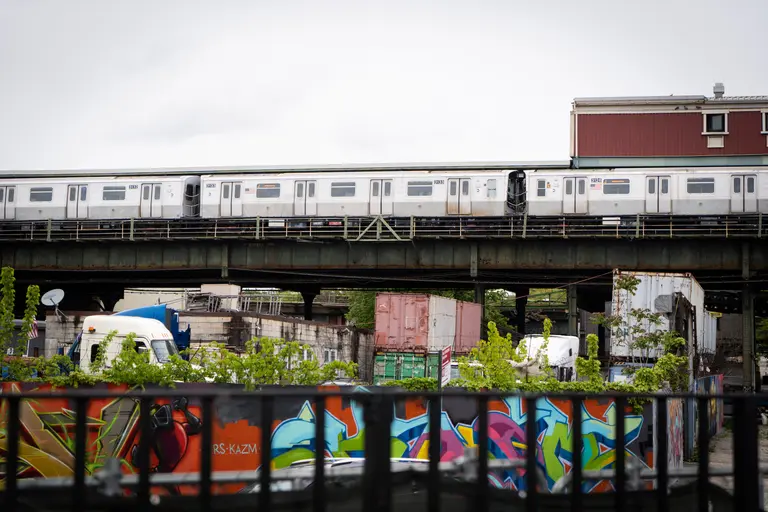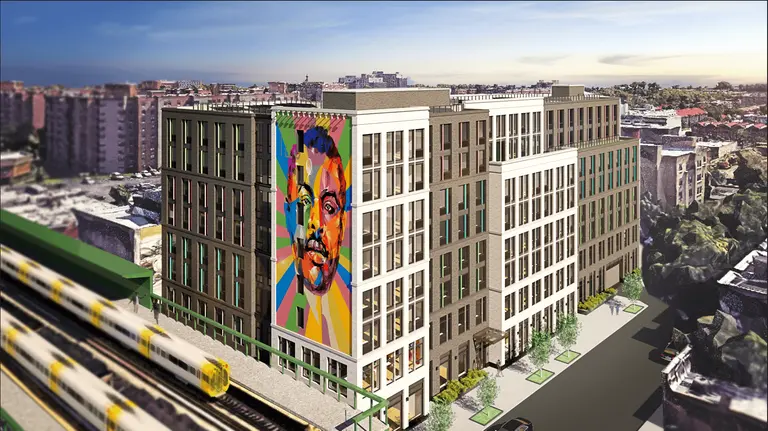Should Poor Neighborhoods Stay Poor to Avoid Gentrification? Mayor De Blasio Speaks Out
Recently on the Brian Lehrer radio show on WNYC, Mayor De Blasio addressed questions about the effects inclusionary development–i.e. giving developers the green light to build market rate housing if they set aside 25-30 percent of the units for low- and middle-income residents–has on the quality of life in lower-income neighborhoods. A growing concern among housing activists is that reliance on this kind of inclusionary zoning leads to gentrification that pushes out the lower income residents due to the 70-75 percent of market rate units bringing new, wealthy residents and new businesses that will cater to them.

The mayor addresses the fact that even today in New York City “…a lot of neighborhoods are struggling; they don’t have a lot of the services they deserve…With the right kind of development comes an improvement in the quality of life; every New Yorker deserves that.” To the argument that poor neighborhoods should just “stay poor” and that the way to preserve affordable housing is to just preserve the status quo, he says, “I think that’s unacceptable…Every neighborhood needs to improve.”
According to the mayor, “Neighborhoods that have been treated unfairly, neighborhoods that have epitomized the ‘Tale of Two Cities,’ like East New York and Brownsville, like East Harlem…we need to improve the quality of life in those neighborhoods, starting with the folks who have been there for generations, and the right kind of development can help them have that,” pointing to his belief in having “safeguards in place; you have to have aggressive goals on affordable housing.” He agreed that gentrification is a double-edged sword that must be addressed with ways to protect existing tenants including anti-harassment and anti-eviction measures. He also mentioned a shortage of co-operation from the state and federal levels of government.
Lehrer also made the point that there just isn’t enough money to build hundreds of thousands of affordable housing units without trying to bring in money from developers. Barika Williams, deputy director of the Association for Neighborhood and Housing Development (ANHD) called in to say that she agrees with the mayor that it’s important to provide better amenities in underserved neighborhoods, but the only alternative shouldn’t be just building higher income housing that local residents can’t afford, and that the question is how to help improve the neighborhoods without ultimately displacing low income residents and leaving them without other places to go.
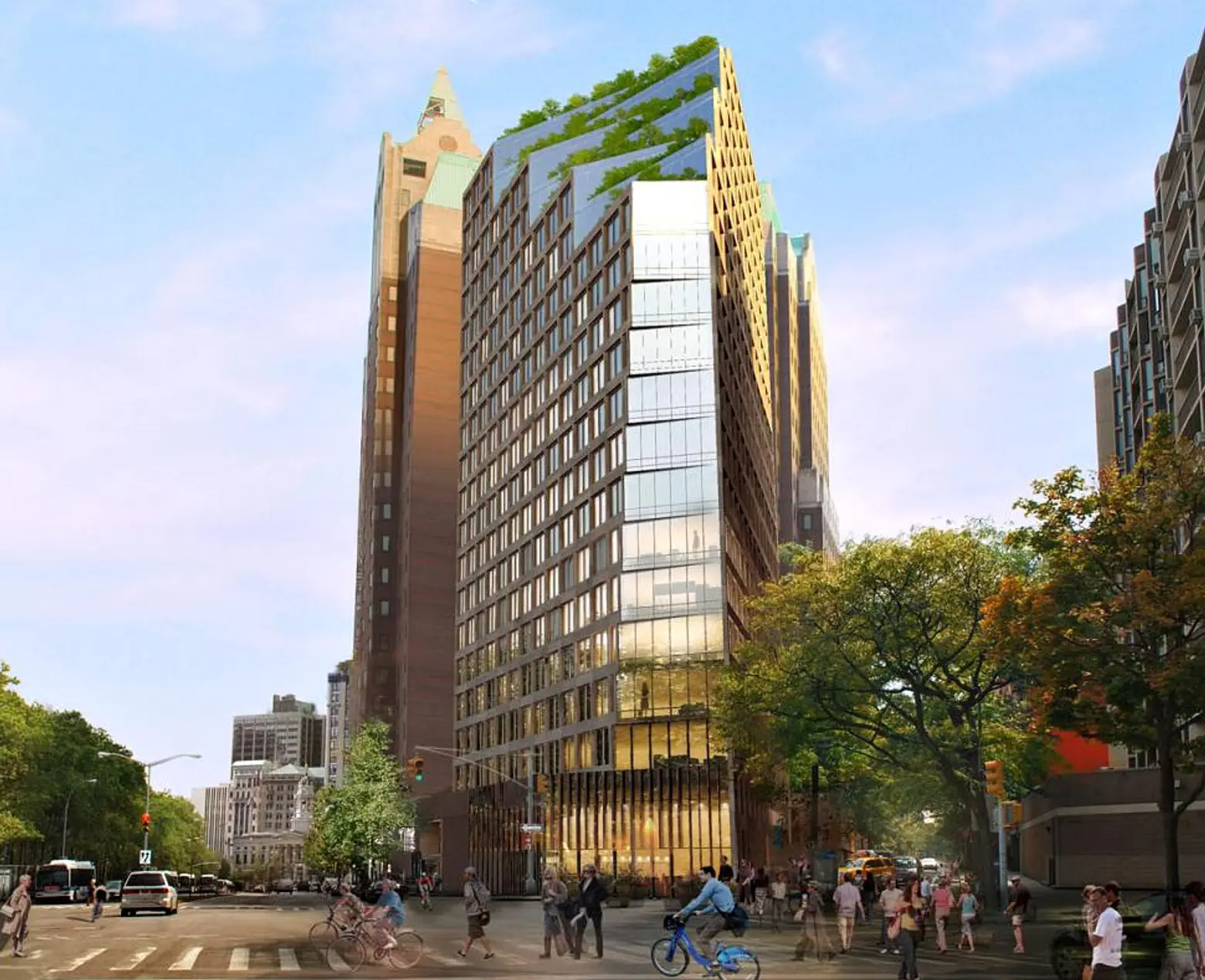
Rendering of the Brooklyn Heights library site as a 20-story luxury rental complex with a new 21,000-square-foot library on the ground floor.
Another recent related concern involves developers getting the green light on luxury housing and commercial deals in one neighborhood in exchange for building affordable housing in another. Developer Hudson Companies is seeking permission from the city to purchase the Brooklyn Heights library book repository at Cadman Plaza West for $52 million with the intent of building a 36-story residential skyscraper at this location with a new library below (the local community board has approved the proposal); included is the company’s promise to build below-market-rate housing. Since the city doesn’t require developers to create affordable housing at the same site as its market-rate units, Hudson is proposing to build the lower-priced units in two new nine-story buildings at 1041 Fulton Street in Clinton Hill. The concern is that some neighborhoods will become a “dumping ground” for affordable housing units in similar deals.
[WNYC]
RELATED:

